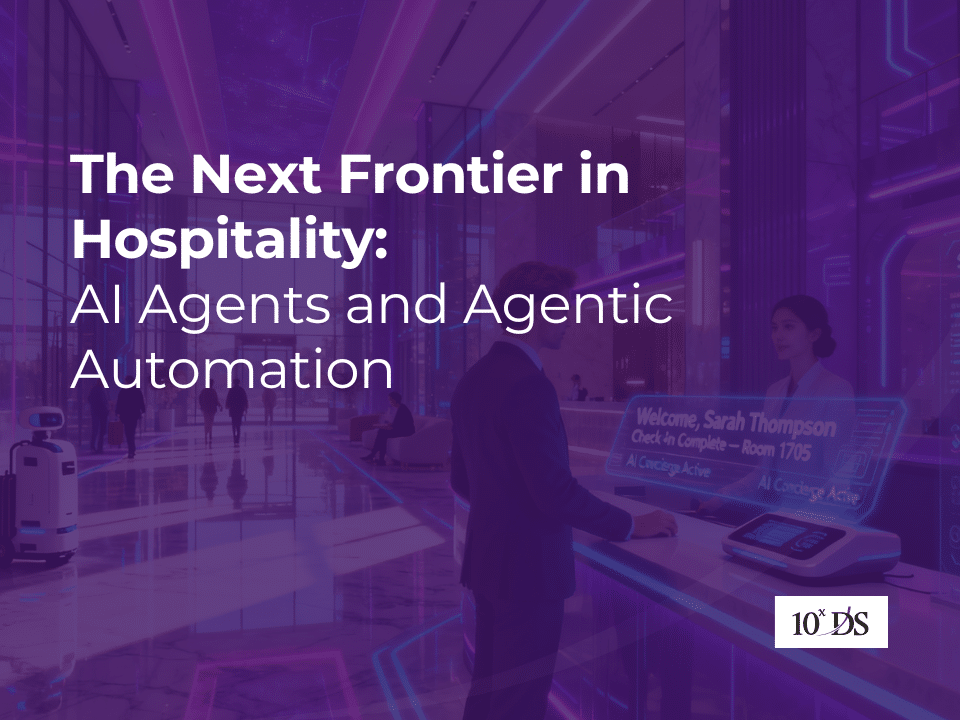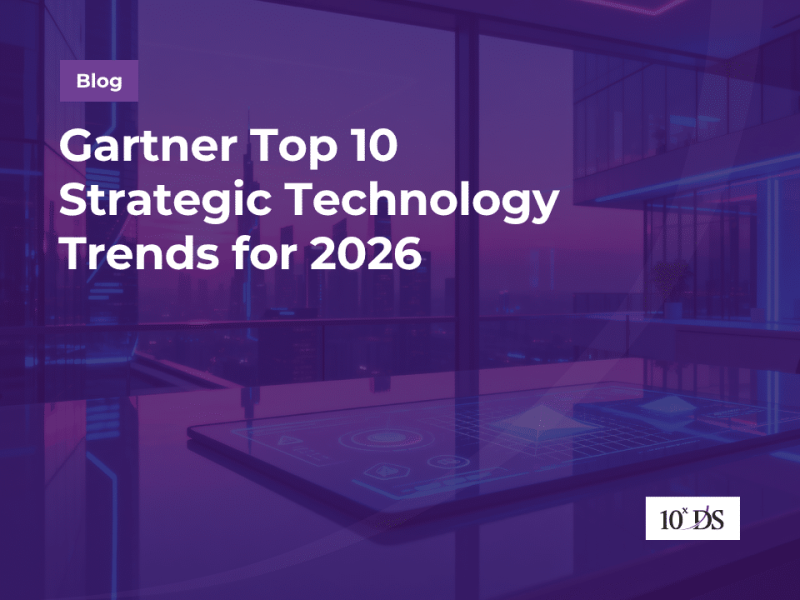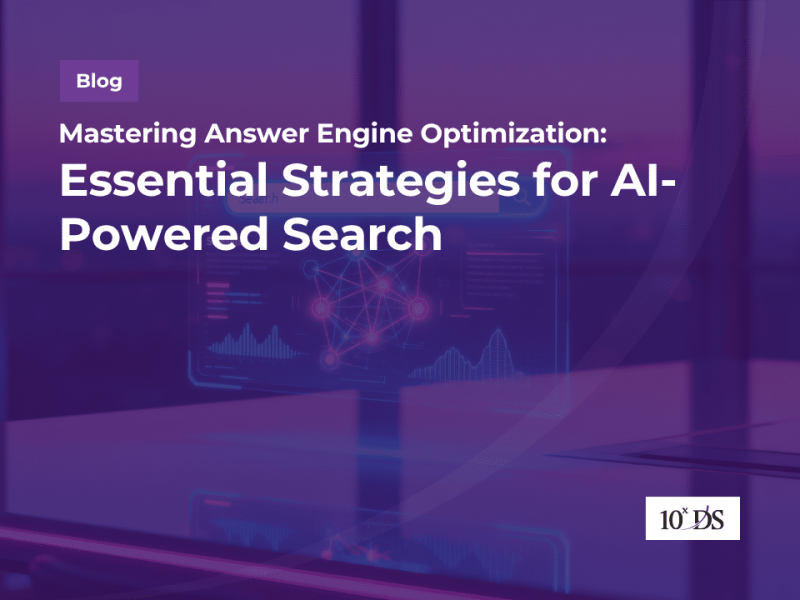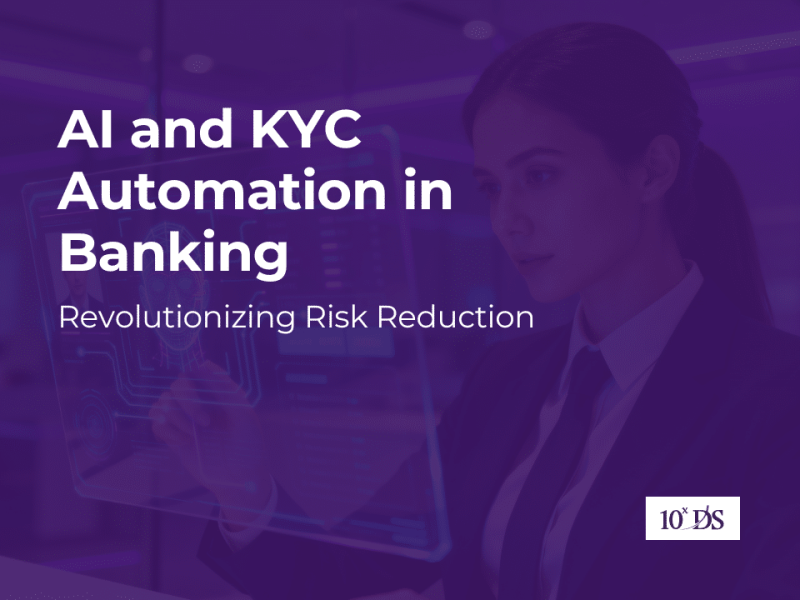
The Next Frontier in Hospitality: AI Agents and Agentic Automation
The hospitality sector has long thrived on exceptional guest service, where personal touches, warm welcomes, and attentive staff are paramount. However, as guest expectations continue to rise, demanding personalized, real-time service 24/7— even the most dedicated teams face significant operational challenges. This evolving landscape calls for innovative solutions that can amplify human capabilities without sacrificing the essence of hospitality. This is where AI Agents in Hospitality emerge as a transformative force, working together with traditional guest service to redefine guest experiences and operational efficiency.
Far from replacing the invaluable human touch, these intelligent systems are designed to act as a powerful extension of service capabilities. The goal is not to automate away hospitality but to profoundly enhance it. According to the State of Hotel Guest Technology Report 2025, a remarkable 70% of guests find chatbots helpful for simple inquiries, and 58% believe AI improves both the booking process and their overall hotel experience. The demand for fast, digital-first service is not just a trend but a growing expectation that necessitates sophisticated solutions like AI agents. This blog highlights how AI Agents are redefining hospitality through smarter communication, stronger guest support, and impactful innovation.
Understanding AI Agents in Hospitality
AI Agents in Hospitality are real-time digital assistants meticulously crafted to manage guest inquiries across a multitude of communication channels, including SMS, WhatsApp, live chat, email, and social media. Powered by advanced artificial intelligence and rigorously trained on hotel-specific data, these agents deliver instant, accurate, and context-aware responses. Imagine a scenario where your front desk team gains an unceasing, knowledgeable assistant, capable of handling 100% of inbound communications 24/7 with personalized, relevant, and actionable replies. This omnipresent support system ensures that every guest interaction is handled efficiently, consistently, and with brand integrity.
One of the most pervasive misconceptions regarding Agentic Automation for Hospitality Industry is the fear that they will displace human staff. In reality, these intelligent systems are designed to empower and extend human service. Consider a busy check-in period: the phones are ringing, a guest is messaging on WhatsApp about pool hours, and another needs help with a billing issue. Instead of staff feeling overwhelmed and response times slipping, an AI Agent seamlessly steps in to manage routine and repetitive tasks. This critical support frees up human teams to concentrate on what they do best: delivering memorable face-to-face service, resolving complex problems with empathy, and creating those personal moments that foster deep guest loyalty.
The Rise of Agentic Automation for Hospitality Industry
The term “Agentic Automation” or “Agentic AI” describes systems built around autonomous goals, rather than merely providing isolated predictions or reactive responses. They operate autonomously within a given context, leveraging data, interfaces, and tools to achieve specific objectives under executive supervision.
The strategic playbook for hospitality businesses should encompass deploying inward-facing agents to optimize current operations and publishing outward-facing endpoints that external personal agents can readily consume. The capabilities of AI models are rapidly advancing, and guests, accustomed to interacting with sophisticated AI at home, will expect similar standards from hospitality brands. An hour saved today through agentic automation becomes a significant competitive advantage tomorrow.
Operational Excellence and Cost Savings Through AI
The integration of AI Agents with human teams fosters a significantly smarter hospitality operation, yielding numerous benefits across guest experience, staffing, and finance. Key advantages include:
- 24/7 Responsiveness: AI Agents ensure no inquiry is ever missed, even outside regular operating hours, providing real-time responses to every guest message.
- Increased Conversions: These intelligent agents actively convert conversations into revenue by automatically driving bookings, upgrades, upsells, and cross-sells.
- Higher Staff Efficiency: By automating repetitive tasks and handling standard operating procedures (SOPs) and frequently asked questions (FAQs), AI Agents free human staff to focus on high-value, complex service interactions.
- Faster Issue Resolution: Complex issues can be identified, logged, and escalated to on-site staff immediately, ensuring guests receive prompt assistance before problems escalate.
- Multilingual Support: AI Agents automatically respond to guests in their preferred language, eliminating translation delays and significantly reducing the burden on multilingual team members, ensuring smooth global communication.
These benefits are particularly focusing on the current challenges in the industry. These systems lower operational costs by handling tasks that would otherwise require extensive human intervention, thereby improving staff productivity and directly contributing to better financial outcomes.
Real-World Applications and Measurable Impact
The practical application of AI Agents in Hospitality can be illustrated through numerous scenarios. Imagine a guest sending a WhatsApp message at 11:00 p.m. asking, “Is the gym open tomorrow morning?” An AI Agent instantly replies: “Yes, the fitness centre is open daily from 7:00 a.m. to 9:00 p.m. Would you like me to schedule a workout session?” This rapid, helpful response impresses the guest. Should that same guest later report a room temperature issue, the AI Agent identifies the problem, logs it automatically, and, if necessary, routes it to on-site staff with all details. The human team then steps in to resolve the issue with a personal touch, ensuring guest satisfaction before escalation.
For hotels specifically, AI Agents revolutionize various aspects:
- Property Management Systems (PMS): An AI front-desk agent can integrate with the PMS to handle early check-ins, late check-outs, and room changes. For VIPs, it can prompt staff to offer upgrades based on loyalty status. During a stay, the same agent can book spa appointments and push real-time maintenance tickets to engineering, streamlining guest requests and operational tasks.
- Online Booking Engines: Conversational agents replace static forms on direct-booking sites, answering policy questions, comparing room types, and recovering abandoned carts with personalized follow-ups.
- Housekeeping Automation: A housekeeping coordinator AI agent can monitor checkout times and flight delays to intelligently reshuffle cleaning priorities, ensuring faster room turnover and reduced guest wait times. Automated post-clean surveys can trigger escalation tickets for negative feedback, allowing management to intervene proactively.
- Sustainability: Energy-saving AI agents connected to smart thermostats can adjust HVAC settings and blinds based on occupancy. Guests can receive reports showing the environmental impact of choices like linen reuse, reinforcing loyalty through eco-friendly initiatives.
Restaurants and bars also benefit immensely from AI Agents:
- Self-Ordering Kiosks: On-screen AI avatars can guide guests through menus, highlight allergen-safe options, and strategically upsell when cart values are below profitability thresholds, leading to shorter queues and higher average checks.
- Fraud Detection and Kitchen Automation: Fraud detection agents flag abnormal discount activity, while kitchen queue agents reorganize orders to balance grill and fryer workloads, cutting down wait times.
- Sustainability and Waste Reduction: Waste-tracking agents log prep leftovers, predict overproduction, and suggest smaller batch sizes for slow days. This data can feed public dashboards, building brand goodwill by showcasing environmental savings.
Strategic Selection and Implementation of AI Agents
To maximize return on investment and avoid misallocating resources, hospitality businesses must adopt a structured approach to selecting and implementing AI agent use cases. The following algorithm provides a clear decision path:
- Define Your Strategic Goal: Identify a single overarching outcome, such as improved guest satisfaction, increased revenue per guest, reduced workload, higher direct conversions, enhanced personalization, or minimized errors. This focused goal will guide the entire project.
- Map High-Impact Processes: Conduct a thorough audit of existing workflows to pinpoint areas of friction, such as lengthy response queues, manual upsell processes, or inefficient staffing. Prioritize those with high volume or frequent complaints, as these represent firm ground for AI intervention.
- Check Data and Tech Readiness: Assess the accessibility of historical data, live feeds, and existing APIs. Implementing a voice concierge, for instance, requires more robust infrastructure than a simple FAQ bot. Match the ambition of the AI agent to the maturity of your data and technological foundation.
- Plot Feasibility: Visualize the impact of each potential AI agent against its implementation complexity. High-impact, low-complexity solutions, like automated feedback agents or abandoned-booking recovery, should be prioritized for immediate sprints. More complex, high-impact projects can be placed in an aspirational backlog, to be pursued once initial successes validate the value of AI.
Conclusion: The Future is a Partnership of AI and Human Touch
As expectations continue to evolve, demanding instant replies, personalized and 24/7 service, hotels must adapt. Delivering this at scale requires more than human effort alone. This is where AI Agents in Hospitality truly shine: not by replacing the soul of hospitality, but by empowering it with speed, intelligence, and consistency. The future of hospitality lies in a synergistic partnership between people and technology, leveraging the best of both worlds. By blending human warmth with AI precision, businesses can create exceptional guest experiences that foster loyalty, drive revenue, and differentiate their properties in a competitive market. Embracing agentic automation is not just about staying updated; it’s also about proactively shaping a more connected, responsive, and profitable future for travel, together.


